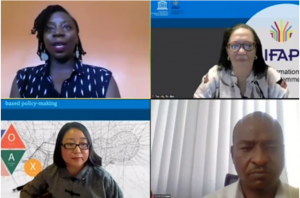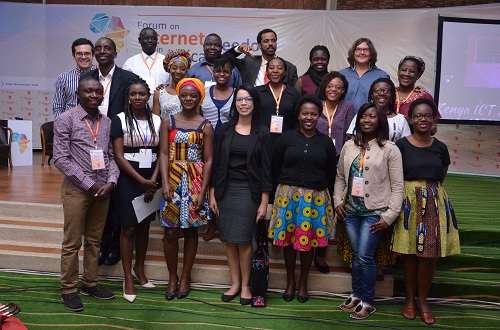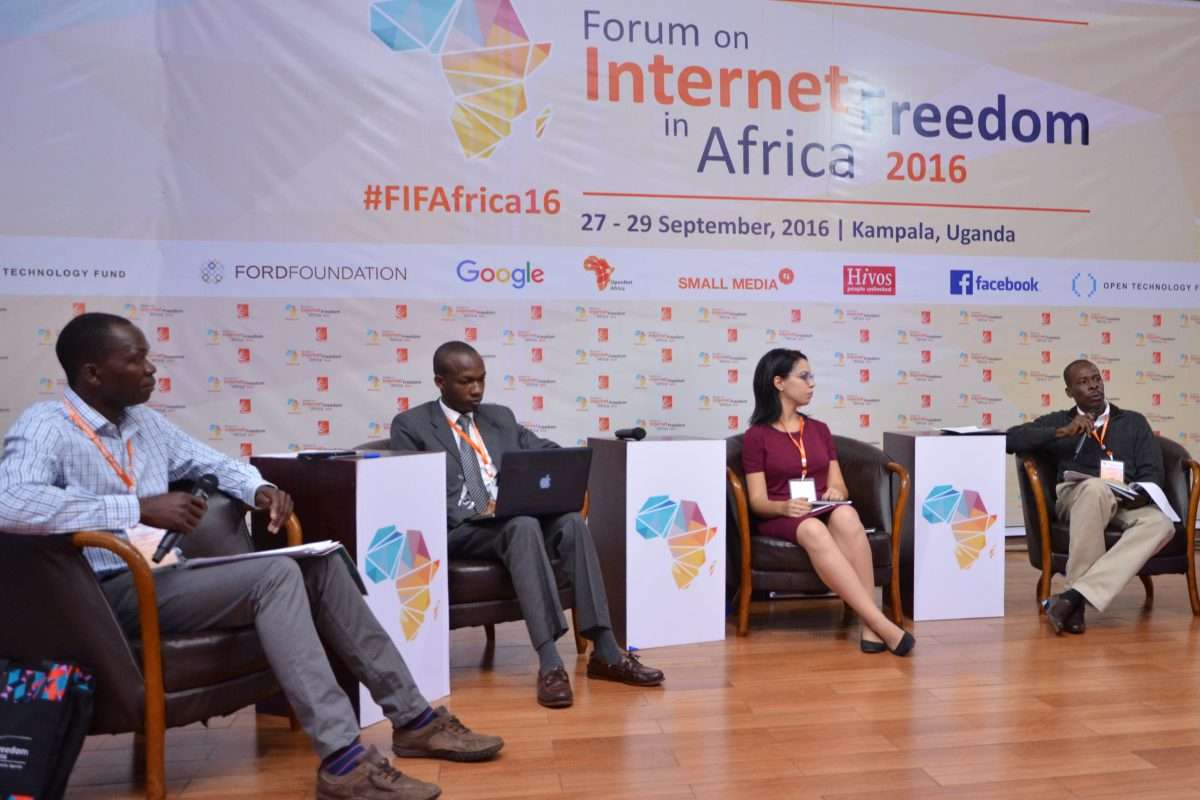By Juliet Nanfuka |
Today, the world celebrates International Women’s Day 2024 under the theme of #InspireInclusion, which encourages the realisation of a gender-equal world free of bias, stereotypes and discrimination. However, amidst the global celebration, it is crucial to spotlight the persistent challenges faced by African female journalists, both online and offline.
A 2020 global survey conducted by UNESCO confirmed a disturbing trend: online attacks targeting women journalists are on the rise at an alarming rate. These attacks are part of a deliberate strategy to intimidate, degrade, and silence women in the media industry. Such violence aims to instill fear, undermine professionalism, discredit journalistic integrity, erode trust in factual reporting, and ultimately stifle women’s active participation in public discourse especially as these attacks don’t just affect the targeted journalists – they also impact their sources and audiences, encourage self-censorship leading to a chilling effect on freedom of expression and access to information.
Research shows that the tactics used to attack women journalists is dominated by online trolling which often takes the form of gendered and sexualised attacks and, often involves body shaming. Trolling which has evolved into the practice of coordinated cyber armies that run campaigns – sometimes sponsored by some government officials and other powerful political actors.
It should be noted that online violence also shifts into offline spaces – with potentially deadly consequences. However, despite this, there remains a disturbing trend, particularly for African women journalists who experience online abuse – they often hesitate to seek justice and, when they do, encounter challenges in having their complaints taken seriously and thoroughly investigated.
Notably, the low levels of digital security skills and the inadequacy of existing laws in tackling trolling and Technology-Facilitated Gender-Based Violence (TFGBV), only exacerbate the challenges African women journalists face in the profession.
African female journalists are instrumental in conveying key narratives, shedding light on issues of importance, and amplifying marginalised voices and concerns. However, the increased affronts to their profession and presence in online discourse encourage self-censorship and unmeasurable impact on access to information and freedom of expression of this key segment of society.
In the first Africa Media Freedom and Journalists’ Safety Report released in 2022, the Collaboration on International ICT Policy for East and Southern Africa (CIPESA) in partnership with the United Nations Educational, Scientific and Cultural Organization (UNESCO) reiterated the growing presence of Technology-Facilitated Gender-Based Violence (TFGBV) as a deterrent to press freedom, especially for women.
It is against this backdrop that CIPESA has consistently pursued various interventions aimed at enhancing the safety and inclusion of women in online spaces. Some of the initiatives have been specific to addressing the needs of African women journalists, such as a Media Masterclass and Reporting Grant, research into online safe spaces for women, both of which were conducted under the WomenAtWeb project of Deutsche Welle (DW). Further, CIPESA gave grants aimed at enhancing gendered digital inclusion and women journalists’ safety under the Africa Digital Rights Fund to beneficiaries in Somalia, Malawi and Tanzania, as well as in Ghana and Nigeria.
This year, in partnership with the International Programme for the Development of Communication (IPDC) of UNESCO, CIPESA is supporting media development efforts to promote a safe, independent, and pluralistic press, including through addressing the gender dynamics of media freedom and journalists’ safety in Africa.
In recognition of Women’s Month, a series of workshops will be hosted alongside Digital Security Cafes for women journalists, media practitioners, and content producers in Ethiopia, Tanzania, and Uganda.
The workshops will include discussions based on the findings of Africa Media Freedom and Journalists’ Safety Report with a focus on elevating awareness of what can be done to pursue more inclusive measures for women journalists.
Further women’s month efforts will be a webinar on African women in politics with the aim of highlighting the importance of increased political inclusion of women in politics. The role of active online engagement will be highlighted as a key driver enabling the needs of women in politics in various African countries and as a tool to participate in the information society meaningfully. More importantly, the webinar will cast a spotlight on how women in active politics in various African countries are pushing back against the negative narratives online and the role that actors such as policy makers and platforms have to play in addressing TFGBV associated with political spaces and discourse.
Register to participate in the webinar here.






